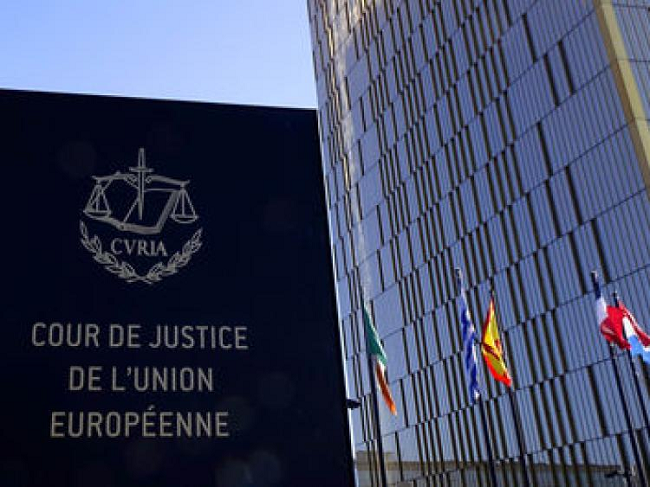The heirs of a deceased worker are entitled to receive financial compensation from employers on account of vacations not enjoyed by the deceased. This has been ruled by the Court of Justice of the EU in response to a German court in the case of two widows who claimed the employers of their deceased husbands for the part of their vacations not enjoyed.

According to the ruling, the City of Wuppertal (Germany) and Volker Willmeroth, owner of the company Technische Wartung und Instandsetzung Volker Willmeroth, must pay Maria Elisabeth Bauer and Martina Broßonn, respectively, an economic compensation for the annual vacations not enjoyed by their husbands before his death. They sued the Labor Court of Germany before the City Council and the employer's refusal to pay compensation as sole heirs of the deceased. Mrs. Bauer demanded 5,857.75 euros for the 25 days of holidays not enjoyed by her husband, an employee of Wuppertal, at the time of his death, which occurred in December 2010. Martina Broßonn, meanwhile, claimed the entrepreneur Willmeroth 3,702, 72 euros corresponding to 32 days of vacation (she had 35 days a year) of her husband, who died in January 2013.
The German Labor Court asked the EU Justice Court an interpretation, in this context, of EU legislation according to which every worker is entitled to a paid annual holiday of four weeks that can only be replaced by money in case of Termination of the working relationship. And taking into account that the European justice already ruled in 2014 that the death of a worker does not extinguish his right to those paid holidays.
With these wickers, the German court faced a dilemma, since on the one hand it seems clear that the right to paid vacation is not extinguished by the death of the employee, but on the other, German law excludes that economic compensation is part of an inheritance. For this reason, it submitted a preliminary ruling to the CJEU, which stipulates that, in the event that state legislation, such as the German one, excludes the possibility of such compensation mortis causa, the heirs may invoke Union law directly. , both in front of a public employer and in front of a private employer.
According to the reasoning of the CJEU, the death of the worker produces the "unavoidable consequence that he can no longer enjoy the period of rest and relaxation" inherent in the holidays. But this right to holidays, in addition, involves another, that of receiving an economic compensation in the event that the employment relationship is terminated and have not been fully enjoyed. That retribution, says the court, is "destined to enter the patrimony of the interested party, so that the death of the latter can not deprive with retroactive effects said patrimony nor, consequently, to the persons to whom it must be transmitted. mortis cause of the effective enjoyment of the aforementioned heritage aspect of the right to paid annual holidays ".
Therefore, according to the CJEU, in the case of national legislation that makes it impossible to apply this reasoning, the court that must decide a conflict of this kind must leave the national legislation inapplicable and ensure that the employer, whether it is a body public as if it is a private company, pay compensation to the deceased worker's heir.
(Published by Spains News, November 06, 2018)